How to Budget Your Money & Get Out of Debt in a Few Simple Steps

Today we are going to be talking about how to budget. You may have heard the saying, ‘it's not about how much you make, it's about how much you keep.’ Your wealth comes from the margin between your income and your expenses. How well you manage that margin will determine your long-term financial well-being.
Paying yourself first
I use a method I adopted a few years back. It's the budgeting method that helped me to pay off 20K in credit card debt and build up a six-month emergency fund. It’s also the method that allows me to travel and live an overall comfortable lifestyle in New York City.
Up until recently, I was making a pretty average income for New York City, so it's not like I had a ton of money to play around with. If you’re trying to learn about budgeting in your 20s, this could help you.
This method is based on the concept of paying yourself first, which includes automatically deducting certain expenses from your paychecks the moment they hit your bank account.
The method may work a bit better for those who have full-time jobs and tend to get paid the same amount at the same time every month. If you are self-employed and your income tends to fluctuate, you can still use this method. You'll have to use some estimates and make a few adjustments, but it should work for you as well.
Income vs expenses
Start by writing down your income and your expenses. I'm going to use some easy numbers to illustrate this. Make two columns: one for your income and one for your expenses. Let's say you make $4,000 every month after tax. Put that in the left column.
On the right side, write down all your fixed expenses. Fixed expenses are things you know you're going to have to pay regardless of what's going on. Those are also the expenses that tend to stay the same every month, like your rent, your phone bill, your insurance, subscriptions, etc.
Savings goals
I suggest you add savings into this category as well. I have a bare minimum savings goal of $250 every month. This is money I transfer into my savings account no matter what.
Add up the expenses and let's say it comes out to $1,900. This means you have $4,000 coming in and $1,900 coming out of your account every month.
Variable expenses
I do not include things like food and utilities because I consider those to be variable expenses. Your food and utility bills tend to fluctuate. You have some control over these two expenses even though they are considered essential.
You can control how much you spend on food by doing things like cooking at home so you’re not eating out all the time. You can control utilities by switching the lights off when you’re not using them or using less air conditioning.
Rent and insurance usually stay the same every month, so I separate my expenses into fixed expenses and variable expenses.
Pay periods
Now we know you have $4,000 coming in and $1,900 coming out of your account every month. Let's figure out how many pay periods you have every month.
Many of us get paid two times per month. Take your income and expenses and divide them by the number of paychecks you get every month. For our example, that would be $2,000 and then $950.
Automatic transfers
When the $2,000 hits your bank account, automatically transfer out that $950. I also automatically transfer $250 into a separate savings account with a different bank because I want to make my savings as inaccessible to me as possible. I don’t want to be tempted to spend that money for no reason.
You also want to automatically transfer $700 of what’s left into yet another separate account. I opened a separate savings account for that. That $700 just sits there until the end of the month before I have to transfer it to pay my bills.
Automatic transfers changed my life because I always know exactly how much I'm able to spend while my savings and retirement keep growing without me ever having to think about them.
I know this all sounds like a lot of work, but most of these things you only have to do once. Just set up those automatic transfers and your bank does the rest of the work for you.
Leftover money
Now let’s discuss the leftover money from your paycheck. This is the money that is completely yours to play around with and spend however you want without jeopardizing your financial obligations, such as fixed bills, retirement, and savings. This is your spending money.
Credit cards
Some of you might use credit cards for all your expenses. I find that makes it hard to keep track of my credit card balance but you can make it work if you like to do it this way. You’re going to want the balance on your credit card to be similar to the balance in your account.
I pay off my credit card either at the end of every week or at the end of each pay period, depending on how busy I am. That ensures that I pay off my balance frequently enough to have an idea of how much money I have left for next week. This also assures me that I don’t get hit with a giant credit card bill at the end of every month.
How to budget
Pay your bills first and then spend as opposed to spending and saving whatever is left over. I hope this all made sense to you and wasn't too confusing. This method helped me completely change my relationship with budgeting and money.
Give it a try and let me know how it goes. If you have budgeting tips that you like and have worked for you, leave them in the comments. I love hearing from you.
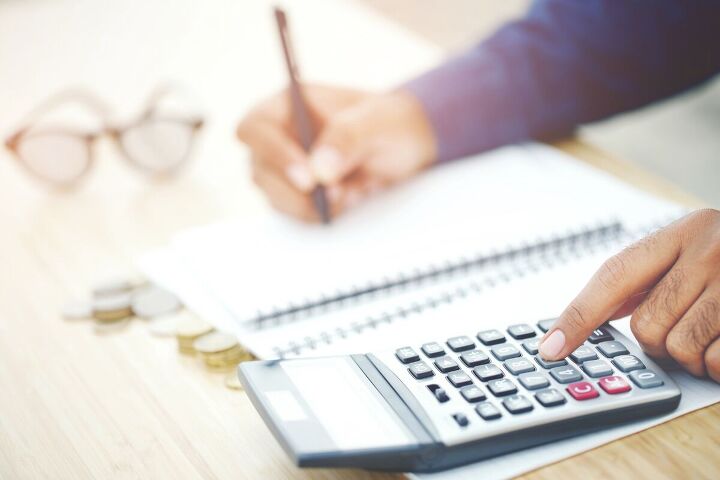




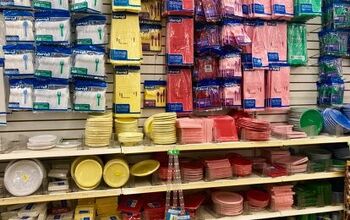



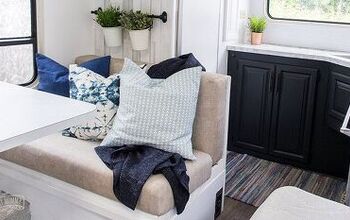
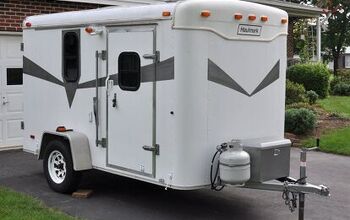


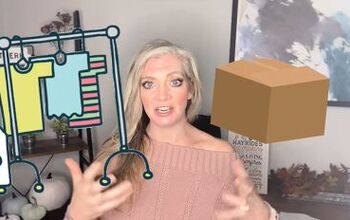

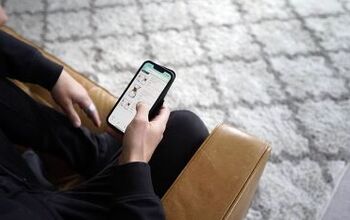
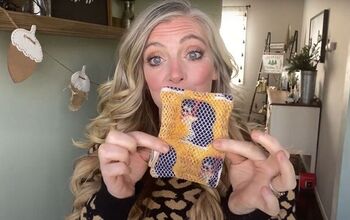



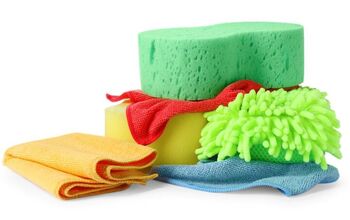
Comments
Join the conversation